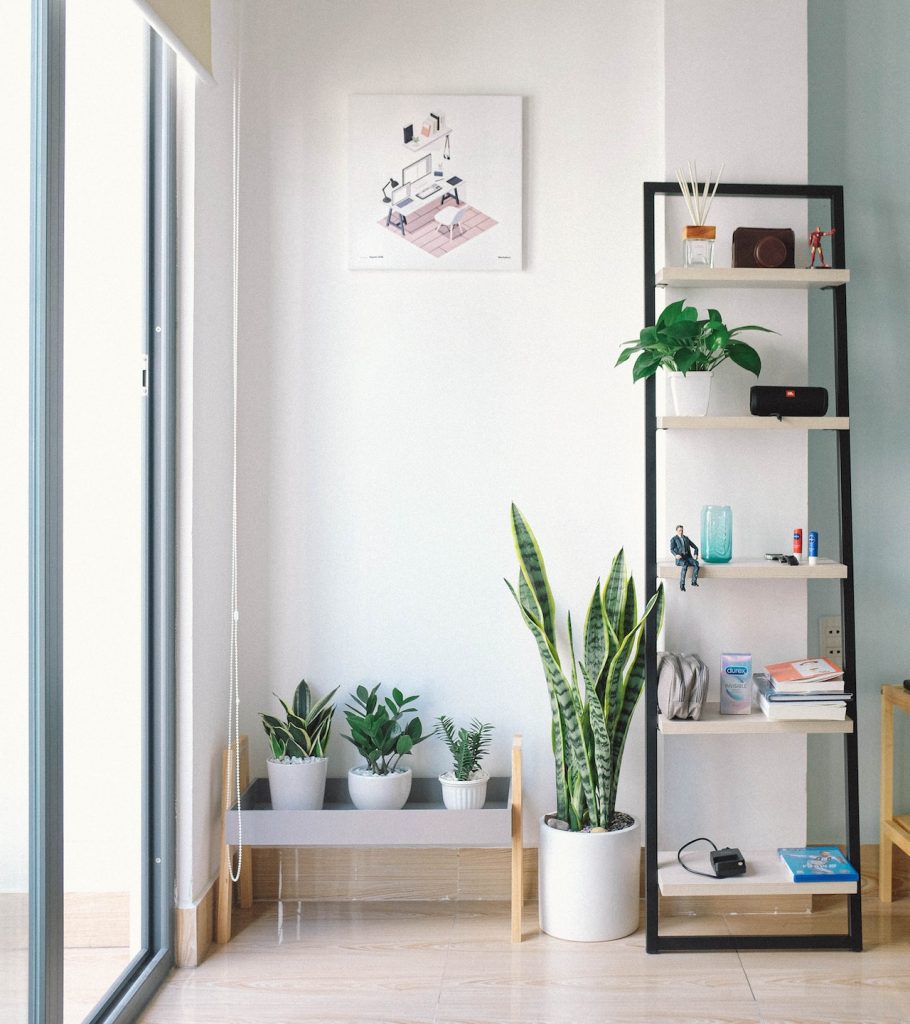Having clean and healthy indoor air is essential for the comfort and well-being of your family. The quality of the air inside your home can be impacted by many factors, including chemicals from cleaning products, building materials, and furnishings. Remodeling your Miami home for better indoor air quality can help to improve the air you breathe and reduce your risk of exposure to harmful pollutants.
Improving Indoor Air Quality with Ventilation
One of the most important aspects of indoor air quality is proper ventilation. This helps to remove pollutants and allergens from your home and bring in fresh air. Improving ventilation can be done by installing exhaust fans, adding vents, or even just opening windows on a regular basis. Another option is to install a whole-house ventilation system, which circulates air throughout your home and removes pollutants.
Choosing the Right Flooring
The type of flooring you choose can also have an impact on indoor air quality. Carpeting can trap allergens and pollutants, while hard flooring, such as hardwood or tile, is easier to clean and maintain. Consider using flooring materials that are durable, easy to clean. Furthermore, using low-emitting flooring materials, such as those with low VOC (volatile organic compound) emissions, to improve indoor air quality. When choosing the right flooring for your home, it’s important to consider both the material and the installation process. During the installation process, make sure proper ventilation is in place to avoid the release of harmful chemicals and to prevent indoor air pollution.
Improving Lighting
Lighting can also play a role in indoor air quality. Using energy-efficient lighting, such as LED lights, can reduce the amount of pollutants released into the air. Installing dimmer switches or using natural light can also help to reduce the amount of energy used and improve indoor air quality.
Upgrading Your HVAC System
Your heating, ventilation, and air conditioning (HVAC) system plays a crucial role in indoor air quality. Upgrading to a more energy-efficient HVAC system and maintaining regular cleaning can help reduce the amount of pollutants released into the air.
Making Your Home More Energy-Efficient
Making your home more energy-efficient can also positively impact indoor air quality. Upgrade insulation, seal air leaks, and install energy-efficient windows to reduce energy usage and the amount of pollutants released into the air. Improving the energy efficiency of your home can not only reduce energy bills, but also help to improve indoor air quality. By upgrading insulation, sealing air leaks, and installing energy-efficient windows, you can reduce the amount of energy used to heat and cool your home. This, in turn, will reduce the amount of pollutants released into the air, as well as improve air circulation and ventilation. Additionally, energy-efficient upgrades can provide improved thermal comfort, helping to maintain a consistent temperature throughout your home. These upgrades can not only improve indoor air quality, but they can also contribute to the overall health and well-being of your family.
Green Remodeling Materials
Incorporating green remodeling materials into your home renovation project not only helps the environment, but it also contributes to better indoor air quality. Opting for low-VOC paints, adhesives, and flooring materials helps reduce the amount of harmful pollutants that can negatively impact the air quality in your home. Furthermore, utilizing sustainable and renewable materials, such as bamboo or cork, not only adds an eco-friendly touch, but it also helps maintain a healthier living environment.
Improving Indoor Air Quality with Plants
Plants can also play a role in improving indoor air quality. Certain plants, such as spider plants, peace lilies, and English ivy, can help to remove pollutants from the air. Adding these plants to your home can help to improve indoor air quality and create a healthier living environment. In addition to purifying the air, plants can also enhance the aesthetics of your home and bring a touch of nature indoors. Consider placing them in areas where you spend most of your time, such as near your bed or in the living room, for maximum benefits. You can also group several plants together for a more dramatic impact. Not only will you improve indoor air quality, but you’ll also create a beautiful and relaxing environment.
Home Cleaning and Maintenance
Regular cleaning and maintenance of your home can also have a positive impact on indoor air quality. This can include vacuuming regularly, dusting, and using natural cleaning products. Keeping your home clean and well-maintained can help to reduce the amount of allergens and pollutants in the air and create a healthier living environment.
Contact Us to Remodel Your Home for Better Air Quality
Improving indoor air quality is an important aspect of home remodeling. By taking steps to improve ventilation, choose the right flooring, upgrade your HVAC system, use green materials, and maintain a clean home, you can create a healthier and more comfortable living environment in your Miami home. Contact NXT Construction today to learn more about how we can help you improve indoor air quality in your home.


